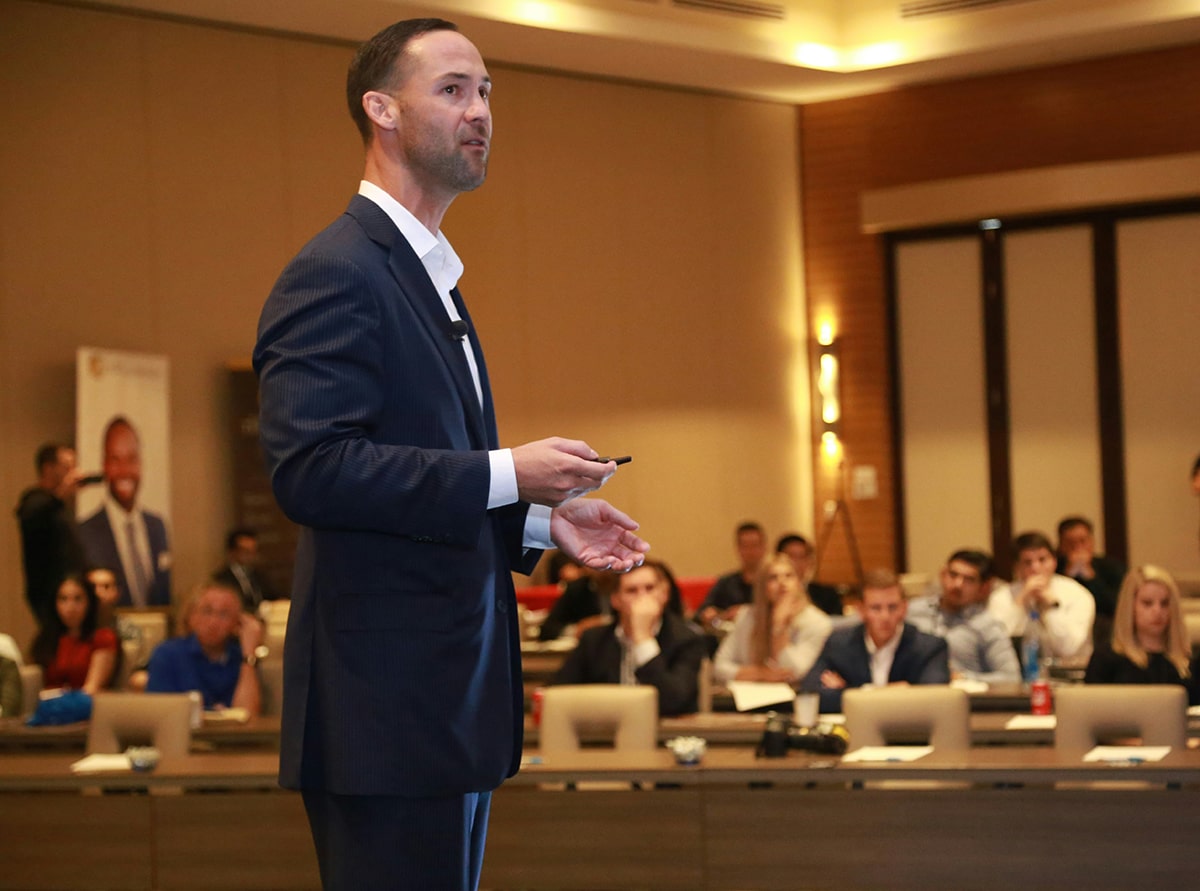Expert Litigation Reports
Most people who sustain a concussion or other type of traumatic brain injury typically recover within three months of symptom onset.
But some do not.
We provide comprehensive neuropsychological evaluations to assess the magnitude of damages sustained during an accident and to quantify the resulting loss in quality of life.
Our reports typically include extensive references to established scientific evidence upon which our clinical conclusions are based; consistent with the Daubert standard.


Comprehensive Neuropsychological Evaluations
We conduct rigorous testing for patients who may have sustained a traumatic brain injury and provide objective, evidence-based reports for attorney reference in corresponding court trials.
Evaluating Beyond the Data
While many psychologists and neuropsychologists only test for a basic numerical loss in relation to the average, our tests go beyond to include a relative loss analysis of the patient.
Accounting not only for a person’s standard cognitive performance, but their neuropsychological well-being, level of independence, and quality of life, our dynamic evaluation process addresses the three essential areas of neuropsychological loss.
We begin by comparing our patients to a normative standard that has been thoroughly developed through the controlled testing of people with normal brain health.
Through a variety of cognitive tests, we are able to determine if a disparity exists between the patient’s current level of functioning and that of a typical, healthy brain.
Even if a patient tests within the range of average cognitive functioning, there may still exist a disparity between their current level of functioning and their pre-accident level of functioning—a difference that can be significant and broadly impactful on the patient’s life.
Through the collection of academic records, work history chronology, and other cognitive reports, we gain a detailed understanding of the patient’s pre-accident cognitive level and compare it to their current cognitive level.
In order to determine if a functional loss has extended beyond the patient’s vocational life, we further investigate their broader activity pre-accident, learning about the hobbies, daily routines, social life, and family relationships that composed it. Through direct interviews with the patient’s family, friends, and co-workers, we are able to identify any noticed changes in the patient’s daily life.
While a patient may not be exhibiting a decreased level of neurocognitive functioning, they may be experiencing a loss in their quality of life as a result of chronic pain, emotional distress, limited brain capacity, decreased endurance, and/or a resulting tendency toward exhaustion.
Through interviews within the patient’s professional and social networks, we are able to identify perceived changes to the patient’s personality and/or neuropsychological well-being, such as changes in confidence, happiness, or sense of humor.
Our Expertise
For more than 35 years, we have specialized in post-concussion syndrome, mild traumatic brain injury, and the related neurologic and neuropsychological implications—solidifying and expanding our breadth of knowledge in those fields.
Throughout our years in practice, we have become well-versed in forensic neuropsychology: we have given thousands of depositions and testified at trial to present complex information from our neuropsychological evaluations in easy-to-understand language.


Objectively Considering All Relevant Factors
The functional loss discovered through our evaluations varies with each patient. Sometimes, the disparity is stark; other times, it is subtle or nonexistent. Whatever the degree of loss, if any, that is what we report—precisely, transparently, and objectively.
There is no denying that sometimes people attempt to present themselves as functioning worse than they actually are. Our tests have been well established to assess patient motivation. During our evaluations, we conduct a series of tests whose sole purpose is to identify falsified patient reporting.
Get Started Today
It’s not too late to recover and to prevent cognitive decline
The key to cognitive longevity is early action